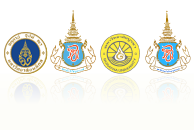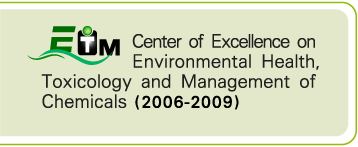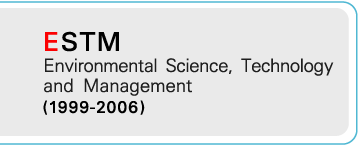|
Cancer is highly prevalent in Thailand whereas chemotherapeutic treatment is at ineffective. In addition, the serious side effects litmit the use; therefore, new molecular targets for treatment of cancer is required to increase the effecicay. Our present data demonstrated the tagets of treatment to improve effective treatment and reduce side effect of chemotherapy. We focus on the treatment of Cholangiocarcinoma (CCA) which chemotherapeutic treatment for CCA is at present ineffective. Our present study demonstrated that KKU-100 cells, the CCA cell line-derived from Thai cholangiocarcinoma patient, expressed at high levels of LAT1 of together with its associating protein 4F2 heavy chain (4F2hc).Western blotting revealed thatLAT1 forms heterodimeric complex with 4F2hc via disulfide bond, and was cleaved in the presence of DTT, suggesting the present of LAT1-4F2hc functional complex in these cells.LAT1 mediated leucine transport which was inhibited by system L selective inhibitor BCH. BCH treatment resulted in arresting cells at G1 phase. Most interestingly, our result showed that co-treatment andrographolide analog, which is known to induce CCA cell apoptosis, with BCH significant increased the cytotoxic effect of this compound. Therefore, LAT1 appears to be an excellent target for cholangiocarcinoma treatment. Anticacer drug, cisplatin, has a number of side-effects that can limit its use. Nephrotoxicity (kidney damage) is a major concern. The mechanism responsible for its nephrotoxicity seems to be related to transport activity of organic cation transporters2 (OCT2) lacated at renal proximal tubular cells. Therefore, inhibition of OCT2 might reduce its renal toxicity. Agonist of PPAR? and LXR decreased OCT2 expression and function and subsequently reduced cytotoxicity induced by cisplatin treatment. In addition, compound from plants shown as inhibitiors of OCT2 could redued toxicity of cisplatin. Threfore, theses compound have a potential to further study to develop as adjuvants for cisplatin treatment to reduced its side effect. แหล่งข้อมูล:
|
 Center of Excellence on Environmental Health and Toxicology (EHT)
Center of Excellence on Environmental Health and Toxicology (EHT)










